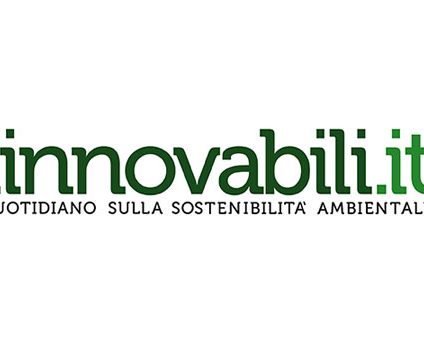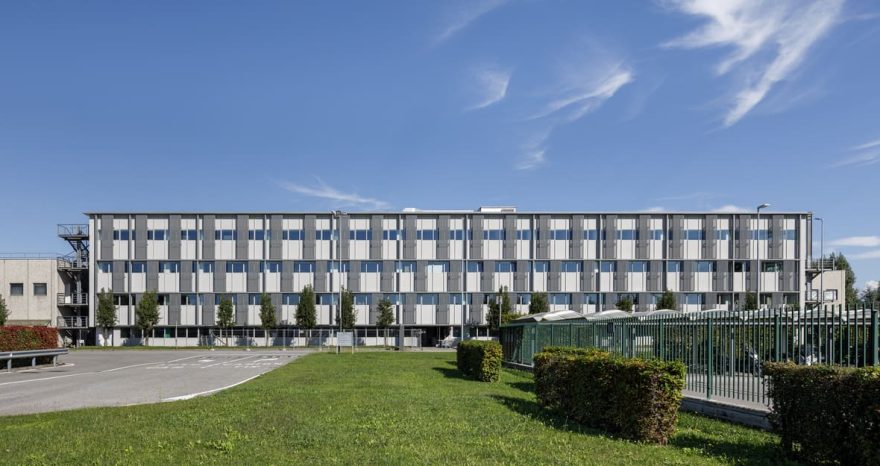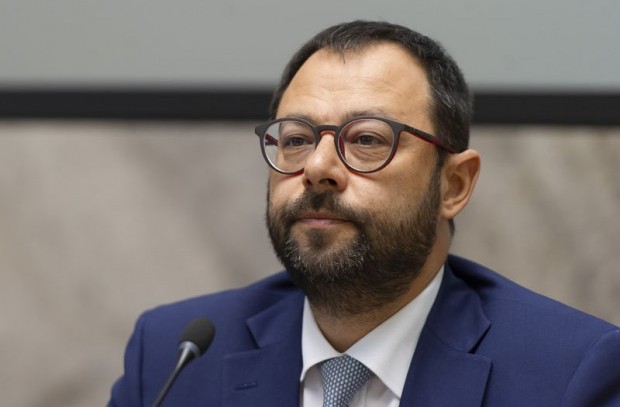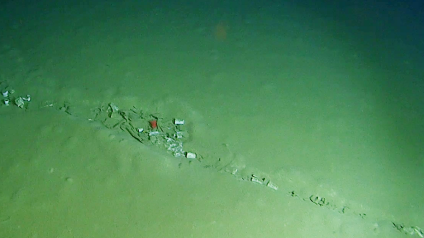
The First Siena Solutions Conference, held at the Certosa di Pontignano, Siena, Italy, gathered distinguished experts, academics, and research groups, providing an unprecedented opportunity for discussion on energy, pollution, and farming. More than 100 participants from 25 countries founded the “Estates General of sustainability in the Mediterranean”.
“We have launched MED-SOLUTIONS, an extraordinary network” and “the first regional chapter of the UN Sustainable Development Network Solutions [UN-SDNS], said Jeffrey Sacks, among the most respected sustainability experts, who presided over the conference together with Siena university Chancellor Angelo Riccaboni. The American economist has been since 2012 at the head of UN-SDNS, which has drawn up a list of key actions to be implemented over the 15 years until 2030 to enhance the global Sustainable Development effort. The project hub MED-SOLUTIONS, which is coordinated by Siena university, was set up to strengthen cooperation in the Mediterranean, promoting inclusive and sustainable prosperity through a network of universities working side by side with commercial partners, governments and society.
The goal of the Siena scientific marathon was straightforward: to acknowledge the current challenges to sustainable development in the Mediterranean and to reason proactively on the solutions that can be enacted. The Conference closed with the presentation of five “solutions”, selected from among 38 proposals dedicated to Mediterranean countries. They are five original projects—two from students and three from research groups—devoted to the conservation of the terrestrial, atmospheric and marine environment of this fragile area and endowed with a strong potential for technical innovation and profitability in support of green economic growth. They include:
– the improvement of agricultural production in poor rural areas using solar panels and biogas, proposed by Marwan Haddad of the Palestinian Water and Environmental Studies Institute;
– the restoration of Posidonia oceanica meadows and of the marine ecosystem by laying recently patented biodegradable plastics on the sea bottom, proposed by Sebastiano Calvo and Filippo Luzzu of Palermo university Biosurvey spin-off;
– the conservation of Sardinian forests, according to the project of a student from Sassari university, through the creation of a market for the utilization of Ghirghine forest, in the territory of Oristano province. The funds obtained from the sale to private subjects of resource use quotas can then be employed to maintain and extend the forest.
– the reduction of global warming through cool roofs, a roofing technology with strong sunlight reflecting properties; the proposal has been submitted by a student of Perugia university and aims to measure the technology’s environmental impact in reducing the use of air conditioning in buildings.
– the maximization of the potential of large scale actions to reduce emissions by combining footprint indicators with other existing measures, like UNDP human development parameters, to provide reliable and shared databases, submitted by the Global Footprint Network.
Altogether the Solutions sent to the Conference address the most daunting challenges for the Mediterranean region as identified by the UN network: the need for solutions encompassing renewable energy sources, water, agriculture, and jobs; protection of the Mediterranean Sea and its ecosystems; and promotion of dynamic and resilient urban environments. These are outstanding issues that can no longer be postponed. This is why the Siena Conference has been a critical result, and one that was far from being assured, stresses Angelo Riccaboni, Siena university Chancellor “It was not easy to think of gathering here more than 25 countries, virtually all of them from the Mediterranean region”.
“If the Conference has highlighted that the Mediterranean region is among the more sensitive to the risks of climate change – says the Chancellor – it has also emphasized the persistent lack of awareness of these problems. The greatest merit of the Conference and of its participants has been to find a single, authoritative voice and a shared vision. “The most salient result achieved today has been the identification of the problems to be solved and especially the ground-laying work for beginning to address them”.
Translated by Silvia Modena













